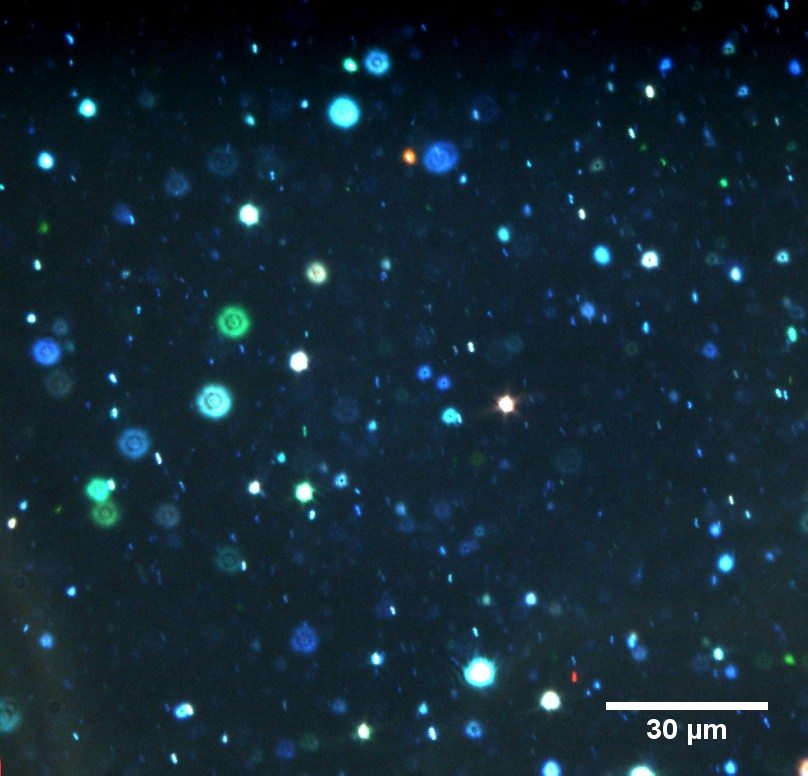Development and Characterization
Problem Space:
The main task of the chemistry group consists of achieving the basic synthetic goals needed to spearhead the NEPCM research project. These goals consist of preparing and characterizing “nanofluids†to be used by fellow members of the NePCM research cluster as a basis for the study of thermophysical and tribological properties. The “nanofluid†systems ideally consist of stable suspensions, known as colloids, of nanometer-sized particles dispersed at high concentrations in long chain hydrocarbons. Copper-based nanoparticles of relatively narrow sizes were selected given their promising characteristics as materials able to enhance heat transfer. From the synthetic viewpoint, the simplest method to achieve colloids containing copper-based nanoparticles involves preparation of the desired crystallites first, followed by dispersing them in appropriate liquids. This strategy was successfully applied for the preparation of highly concentrated and stable CuO colloids in suitable heavy alkanes such as dodecane and eicosane. The synthesis of stable Cu colloids in octane has also been realized; current efforts are centered on reaching desirable particle concentrations and stabilization of the crystallites against corrosion induced by oxygen.
Abstract:
Rounds 5 and 6, Graduate Research Scholars Program (GRSP), Alabama Experimental Program to Stimulate Competitive Research (Alabama EPSCoR), 2009–2011.
Relevant Data:
Abstract:
The goal of this project is to prepare stable colloids composed of nanometer-sized Ag and Cu particles dispersed in hydrocarbons such as dodecane and eicosane. An important objective is to achieve colloids containing metal concentrations in the range of 0.1 to 1% by mass without compromising particle stability. High temperature methods have been selected because they offer distinctive advantages over previously employed photochemical procedures.
Relevant Data:
Abstract:
Synthesis of stable metal colloids for NePCM applications is an important goal of this project. The formation and long term stabilization of small particles at high concentration in alkanes is difficult to achieve. A strategy to overcome this problem is to substitute alkanes by polymer-based compounds as solvents for PCMs. Metallic Ag colloids with concentrations of up to 0.5% by weight have already been obtained via reduction of Ag(I) ions utilizing the polymer molecules as electron donors. Knowledge gained in these experiments is anticipated to be useful for the preparation and stabilization of air sensitive copper nanoparticles, which is a future aim of our investigations.
Relevant Data:

